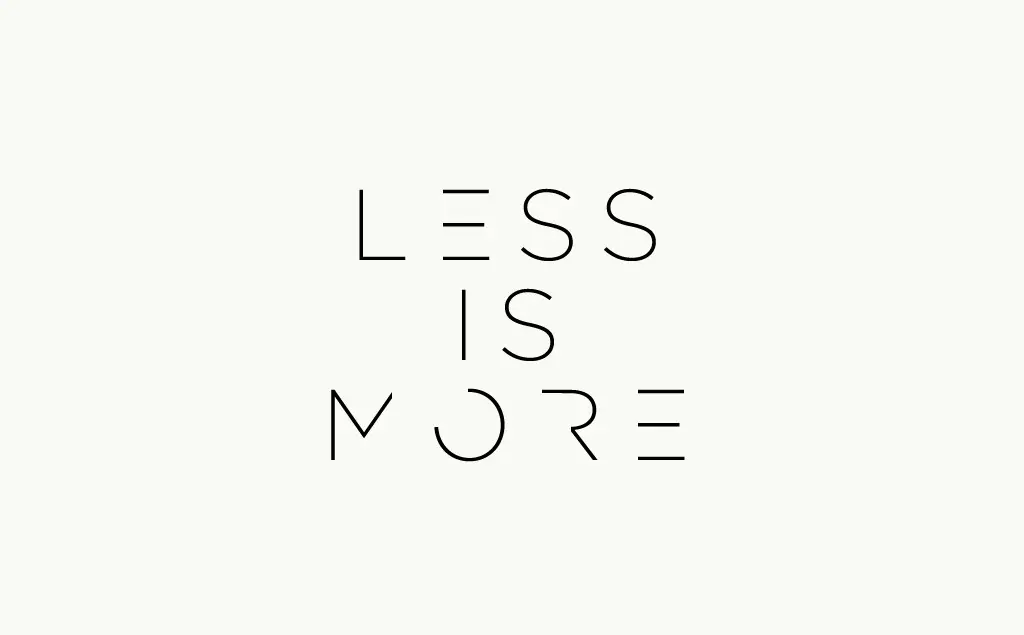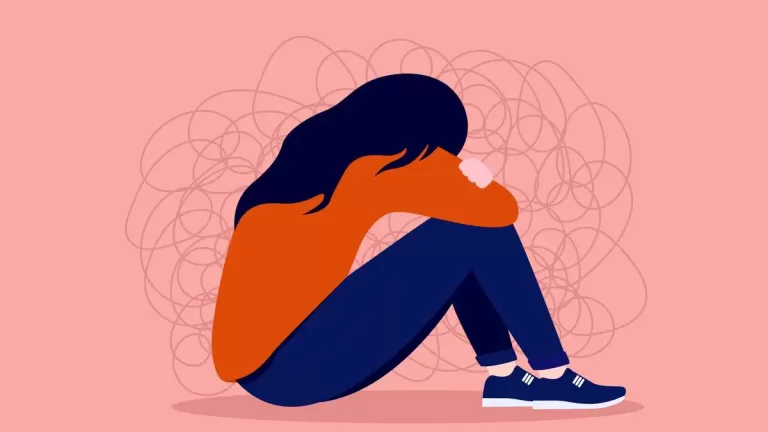
How Consumerism affects your wellbeing
This page may contain affiliate links. If you choose to purchase after clicking a link, I may receive a commission at no extra cost to you.
Consumerism is a term that describes the culture and ideology of overconsumption and materialism that dominates many modern societies. It is based on the idea that buying more goods and services can increase one’s happiness and success in life. However, consumerism also has negative effects on our wellbeing, both individually and collectively.
One of the effects of consumerism is that it creates a constant dissatisfaction with what we have and a desire for more. This can lead to a loss of gratitude, appreciation, and contentment with our lives. It can also make us compare ourselves to others who have more or better things than us, which can lower our self-esteem and happiness.
Another effect of consumerism is that it distracts us from what really matters in life, such as our relationships, values, and purpose. Consumerism can make us focus on superficial and external aspects of ourselves and others, rather than on our inner qualities and potentials. It can also make us neglect our physical, mental, and spiritual health, as we spend more time and energy on acquiring and maintaining material possessions.
A third effect of consumerism is that it harms the environment and society as a whole. Consumerism drives the overexploitation of natural resources, the production of waste and pollution, and the emission of greenhouse gases that contribute to climate change. These environmental problems have serious consequences for our wellbeing, such as increased risks of diseases, disasters, and conflicts. Consumerism also undermines social welfare by encouraging individualism, selfishness, and greed over cooperation, altruism, and solidarity.
Therefore, consumerism can affect our wellbeing in many negative ways. It can reduce our happiness, meaning, and fulfillment in life. It can also damage our health, relationships, and communities. To counteract these effects, we need to adopt a more mindful and sustainable way of living that values quality over quantity, experiences over things, and people over profits.








Leave a Comment